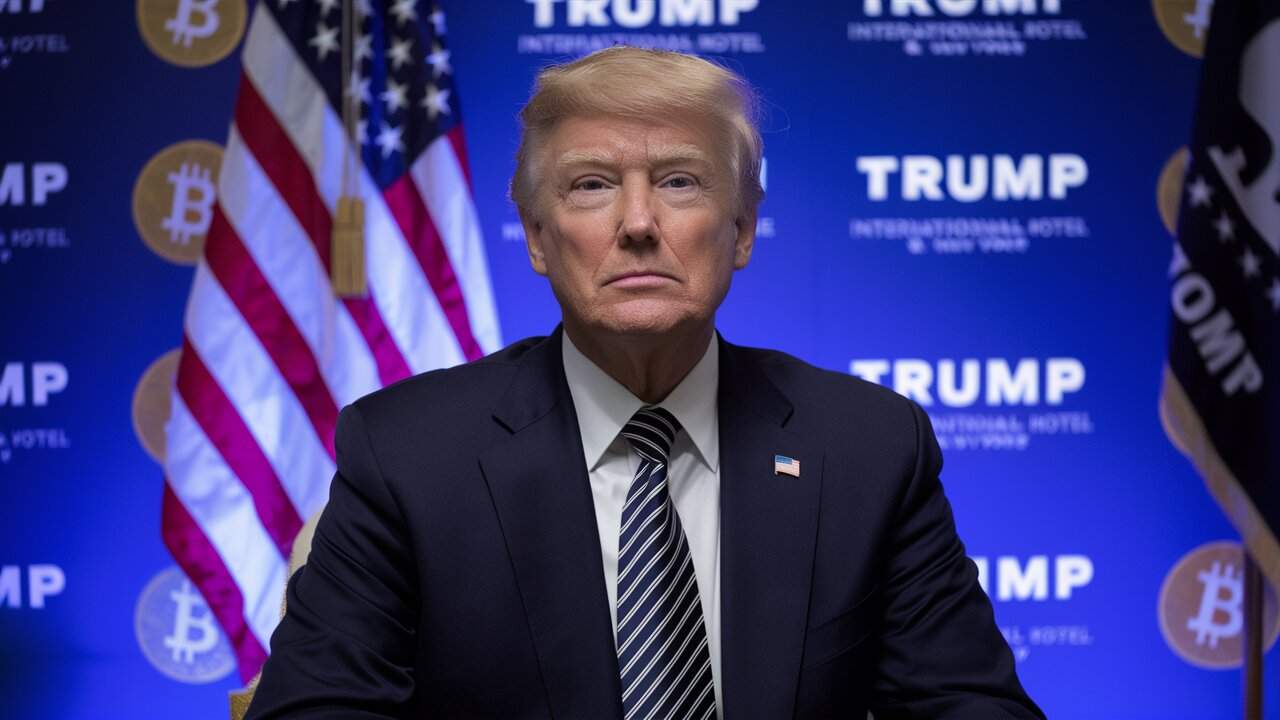
Estimated reading time: 8 minutes
Cryptocurrency has started creating grounds in Africa; therefore, there is a lot of innovation and development in this sector, although there are legal constraints to this. Across the African continent, mobile usage, remittances, and financially excluded people are among the drivers of the adoption of digital currencies. Nevertheless, the reactions of the regulatory bodies vary significantly from one country to another, some countries are embracing Cryptocurrencies while others are banning them.
Of the five geographical regions into which the market has been divided, Africa is the smallest; nevertheless, it is growing at the fastest rate. The expansion is related to the different rates of encryption used for the issuance of digital currencies. Some of the countries in the Sub-Saharan region, including Kenya, Nigeria, and South Africa, actively engage in crypto.
As with the rest of the global community, Africa has had diverse approaches to the legality and regulation of cryptocurrencies due to susceptibility to misuse. Some African countries have placed measures of restrictions or total bans based on issues such as economic factors and crimes.
Table of contents
Crypto bans in Africa
In several African nations, cryptocurrencies face strict regulations or outright bans. Algeria banned all cryptocurrency activities in 2018, including transactions, ownership, and related services, deeming them illegal under financial law. Similarly, Egypt declared cryptocurrencies haram (forbidden) under Islamic law in 2018 and further tightened controls by requiring a license for any crypto-related operations in 2019.
Morocco also prohibited crypto use in 2017, citing foreign exchange violations and financial risks, yet hinted at potential future regulation that might allow controlled usage. Tunisia banned cryptocurrencies the same year, citing concerns over illegal activities associated with digital currencies.
Related: Who Owns Bitcoin in Kenya?
Contrastingly, Nigeria and Kenya have taken more balanced approaches. Initially, Nigeria banned crypto transactions through banks but has shown openness to the growing crypto market potential. Kenya, noticing a rise in crypto circulation, is working towards regulation with the introduction of the Virtual Asset Service Providers (VASP) bill to standardize crypto transactions.
Ethiopia initially resisted cryptocurrencies but has shifted towards integration, utilizing blockchain in national projects like digital identities for students and teachers. This indicates a broader acceptance and understanding of blockchain’s potential benefits, reflecting a trend in Africa from total prohibition to selective adoption and regulation of cryptocurrencies.
Other countries with crypto bans or restrictions
Sierra Leone

Sierra Leone blocked two Crypto businesses. Nevertheless, up to the present time, they have not introduced particular legislation or prohibitions concerning the employment of cryptocurrency. Cryptocurrencies are not legal tender in the country’s central bank; however, an official ban has not yet been passed. However, the general perception is more of skepticism. Governments are advising the public against investiture through bitcoins and other cryptography currencies
Republic of Congo
The Republic of Congo has Banned cryptocurrency since 2018. Yet, similar to many other global economies, the country does not accept cryptocurrencies as actual currency. Thus, the general legal framework is still quite unclear, and there is no available data concerning any particular governmental policies regarding cryptocurrency. Due to the absence of laws, the general public is encouraged to exercise caution when investing in digital currencies.
Ghana
Ghana, on the other hand, seems to have a much more progressive view when it comes to cryptocurrencies. Although the Bank of Ghana has clearly stated that cryptocurrencies are not legal tender in Ghana, it is already working on the establishment of a CBDC. Currently, no blanket prohibits the use and trading of such virtual currency; rather, the government has shown its willingness to adopt blockchain technology for its encompassing advantages in almost all facets of life
Lesotho
As of the time of writing, no law outright prohibits the adoption of cryptocurrencies in Lesotho. The Lesotho Central Bank has expressed its concerns about the use of cryptocurrencies due to what it has embraced as volatility and illegalities, along with urging consumers to bear potentially huge losses. But instead of going for regulations or banning, the country has not moved a step forward in this regard. People and companies in Lesotho are not completely closed off from cryptos, except at their peril.
Also read: Crypto Whales Transactions Spike For Bitcoin, Ethereum And Dogecoin, Will The Rally Continue?
Reasons behind the crypto bans in African countries
Money Laundering and Financial Crimes
Cryptocurrencies provide a high degree of anonymity, enabling quick, large-scale, cross-border money transfers without traditional financial oversight. This feature has made them appealing for money laundering. For example, Nigeria’s central banks and financial regulators have pinpointed this as a crucial issue, leading to enhanced regulations or complete bans.
Fraud and Scams
The growth of cryptocurrencies has coincided with an uptick in related scams, such as Ponzi schemes and fraudulent Initial Coin Offerings (ICOs). The absence of strong regulatory frameworks and widespread understanding of digital currencies has resulted in significant losses for investors, prompting authorities to impose restrictions.
Economic Stability
Some governments regard cryptocurrencies as risks to their economic stability. They fear that widespread adoption could undercut national currencies, disrupt monetary policies, and cause financial instability. Zimbabwe, for instance, banned cryptocurrencies to counter speculative trading, which aggravated the country’s financial turmoil.
Regulatory Evasion
Cryptocurrencies can circumvent capital controls and evade taxes, posing a substantial problem for countries with delicate fiscal management. Their decentralized, unregulated nature allows for potential fiscal base erosion, leading some governments to prohibit their use to retain control over their financial systems.
Terrorism Financing
The anonymity and ease of cryptocurrency transactions across borders also raise concerns about their use in funding terrorism. This risk has prompted several countries to adopt cautious stances or implement outright bans to curb such activities.
Streamlining cryptocurrency regulations in Africa

The inherently decentralized nature of digital currencies offers African nations a chance to collaborate on unified regulations that could enhance trade and investment while ensuring effective oversight. Educating the public about the risks and benefits associated with cryptocurrencies is vital for consumer protection and making informed decisions in the crypto market.
Current regulations in many African countries lack clarity. Future laws could enhance investor confidence and create safer business environments by clearly defining legal aspects, delineating permitted activities, and identifying regulatory authorities.
Cryptocurrencies are particularly important in Africa for providing access to financial services where traditional banking is limited. Future regulations could thus aim to use these currencies to improve financial inclusion, allowing more people to invest, save, and transfer money.
Strong consumer protection measures are necessary to address cryptocurrencies’ volatility. These could include strategies to combat fraud, improve transaction transparency, and protect user data.
Regulatory efforts must also focus on preventing money laundering and terrorism financing with stringent monitoring and identification measures. As the market evolves, specific taxation policies on cryptocurrency transactions and mining could be introduced to increase government revenues.
Promoting blockchain and cryptocurrency technologies could also be a strategic focus to stimulate technological investments and support new startups and businesses in the sector.
Also read: Decline in Bitcoin’s Weekend Trading Volume
Conclusion
Several countries are moving toward more defined regulations for cryptocurrencies, aiming for clearer guidelines that ensure investor and public safety. Nigeria is crafting new rules that could become a blueprint for others seeking to weigh economic benefits against the need for proper oversight. African nations show varied stances on cryptocurrency, demonstrating a cautious but progressive attitude toward digital currencies.
As nations exchange insights and participate in international discussions on digital currencies, these regulations are expected to evolve. It’s important for individuals to stay informed about these changes, as they play a critical role in the broader adoption and functionality of cryptocurrencies in Africa. Educating readers on the intricacies of these regulations is essential for making well-informed decisions and staying current with regulatory progress.
Frequently asked questions about which African countries ban crypto?
A few African countries, including Algeria, Morocco, and Libya, have imposed official bans on the use and trading of cryptocurrencies. These bans generally prohibit the purchase, sale, use, and holding of cryptocurrencies.
The primary reasons for banning cryptocurrencies in these countries include concerns over financial security, the potential for money laundering, the lack of central control, and the high volatility of digital currencies. Governments also cite the need to protect their citizens from potential financial losses.
As of the last update, countries currently enforcing cryptocurrency bans have not made significant progress toward reversing them. However, the global shift toward digital currencies and blockchain technology might influence future policy changes.
Cryptocurrency bans can stifle the growth of the fintech industry, limiting innovation and deterring international fintech businesses from entering these markets. However, some countries are exploring alternative digital innovations like central bank digital currencies (CBDCs) as a controlled alternative.
In countries where cryptocurrencies are banned, trading, mining, or holding digital currencies can lead to legal consequences, including fines and imprisonment. The severity of these penalties varies by country, and it is crucial for residents and visitors to understand and comply with the local laws.
Also read: Nigerian Officials Drop Some Charges Against Detained Binance Executive
Discover more from The African Crypto
Subscribe to get the latest posts sent to your email.










